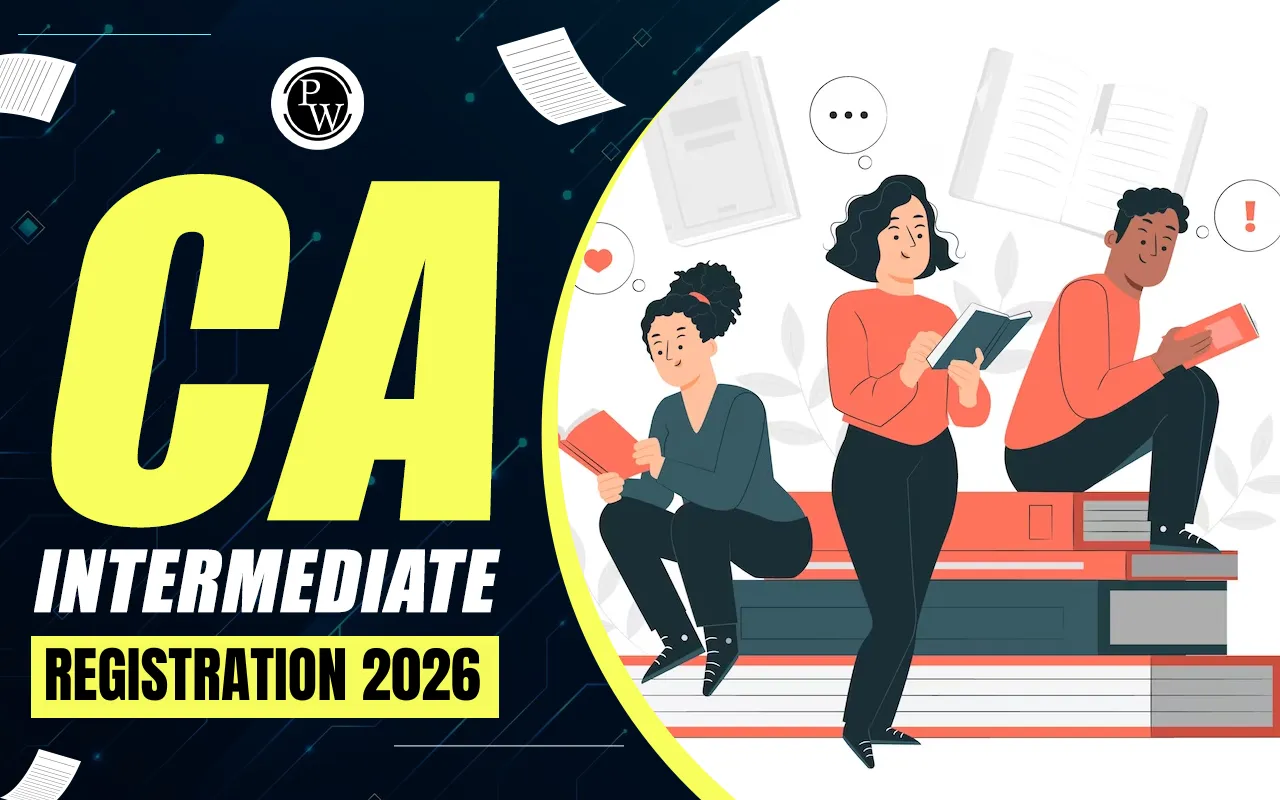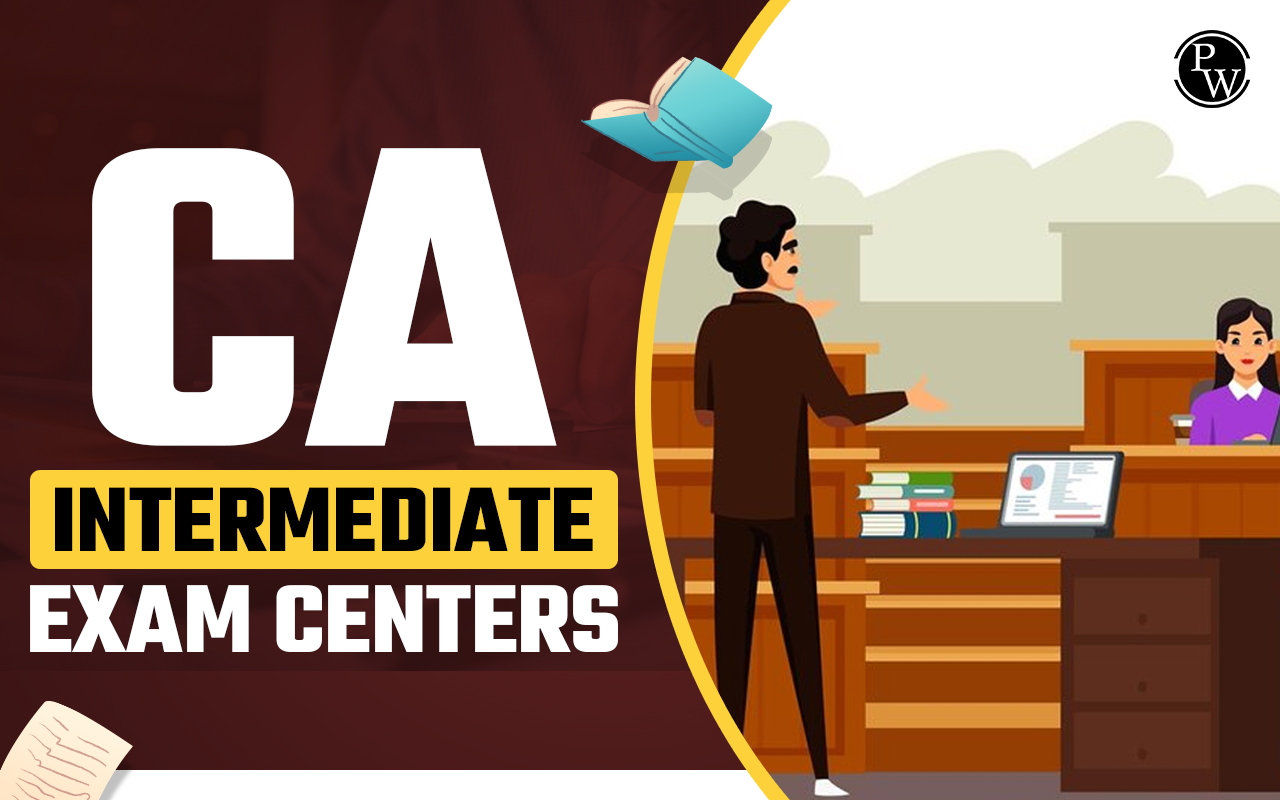
Preparing for CA Inter Audit and Assurance with its vast syllabus and theoretical nature demands a strategic approach and strong conceptual clarity. The key to success lies not just in what you study, but how you approach your last-minute preparation.The final 1.5 days before the exam are crucial to consolidate your understanding and build confidence. By focusing on high-weightage topics, revisiting key concepts, and practicing effectively, you can set yourself up for success.
CA Inter Audit and Assurance
The CA Inter Audit and Assurance paper is designed to test not only your theoretical understanding but also your practical application of auditing concepts. It covers a wide range of topics, including Standards on Auditing (SA), audit procedures, risk assessment, internal controls, and professional ethics. These areas play a crucial role in equipping students with the knowledge to handle real-world audit scenarios effectively.
One of the challenging aspects of this paper is the detailed attention it demands. Questions often require precise answers, clarity of thought, and strong technical language. Standards on Auditing, for instance, are a core component and form the backbone of the syllabus. Similarly, chapters on Professional Ethics and Company Audit are essential as they frequently appear in CA Intermediate exams .
To succeed in CA Inter Audit and Assurance, students must develop a deep understanding of concepts, practice past question papers, and learn to structure their answers effectively. The ability to recall and apply knowledge in a structured manner can significantly boost your performance in this paper.
CA Inter Audit and Assurance Last Minute Preparation Tips
The last 1.5 days before your CA Inter Audit and Assurance exam are critical. The following is a step-by-step guide to help you optimize your time and maximize your output:
Start with a Quick Overview
Dedicate the first hour of your preparation to reviewing the CA Inter Audit and Assurance syllabus and identifying high-priority topics. Understand the weightage of each chapter based on past exam trends and prioritize accordingly. Focus on areas like:
- Standards on Auditing (SA) : These are foundational and often form the bulk of the paper.
- Professional Ethics : Memorize principles and learn how to apply them in practical scenarios.
- Company Audit : Understand legal provisions and auditor responsibilities.
Dive Deep into High-Weightage Chapters
Spend Day 1 morning and afternoon focusing on key chapters. Devote time to understanding the purpose and application of Standards on Auditing. Review the principles of audit planning, documentation, and evidence collection. For Professional Ethics, ensure you’re clear on all principles and how they can be applied in case-based questions. Use charts, diagrams, or handwritten notes to simplify complex topics and make them easier to recall.
Practice Case Studies and MCQs
In the evening, shift your focus to solving MCQs and case-based questions. These not only improve your understanding but also help you become familiar with the exam pattern. Attempt at least 50 MCQs from high-weightage topics and practice case studies from past papers and RTPs. Case studies are particularly important for applying theoretical knowledge to practical situations. They test your ability to think critically and answer concisely. Review solutions carefully to learn the examiner’s expectations.
Revise and Reinforce
Use Day 2 morning to revise the core topics. Go over your notes, focus on areas you’re less confident in, and solidify your understanding of Standards on Auditing and Professional Ethics. Stick to concise summaries, flowcharts, and key phrases that can help you recall information quickly. In the afternoon, attempt a mock test or practice a set of past exam questions. This will help you gauge your speed and accuracy while reinforcing your confidence.
Relax and Prepare Mentally
The evening before the exam should be spent revising important points and relaxing your mind. Avoid starting any new topics to prevent unnecessary stress. Sleep well to ensure you’re refreshed and focused for the exam. Cracking the CA Intermediate exams requires the right strategy and resources.
CA Inter Audit and Assurance Last Minute Preparation 2025 FAQs
What are the key topics for CA Inter Audit and Assurance?
How should I approach the last-minute preparation for Audit and Assurance?
Why is Standards on Auditing important for this paper?
How can I improve my performance in case-based questions?










